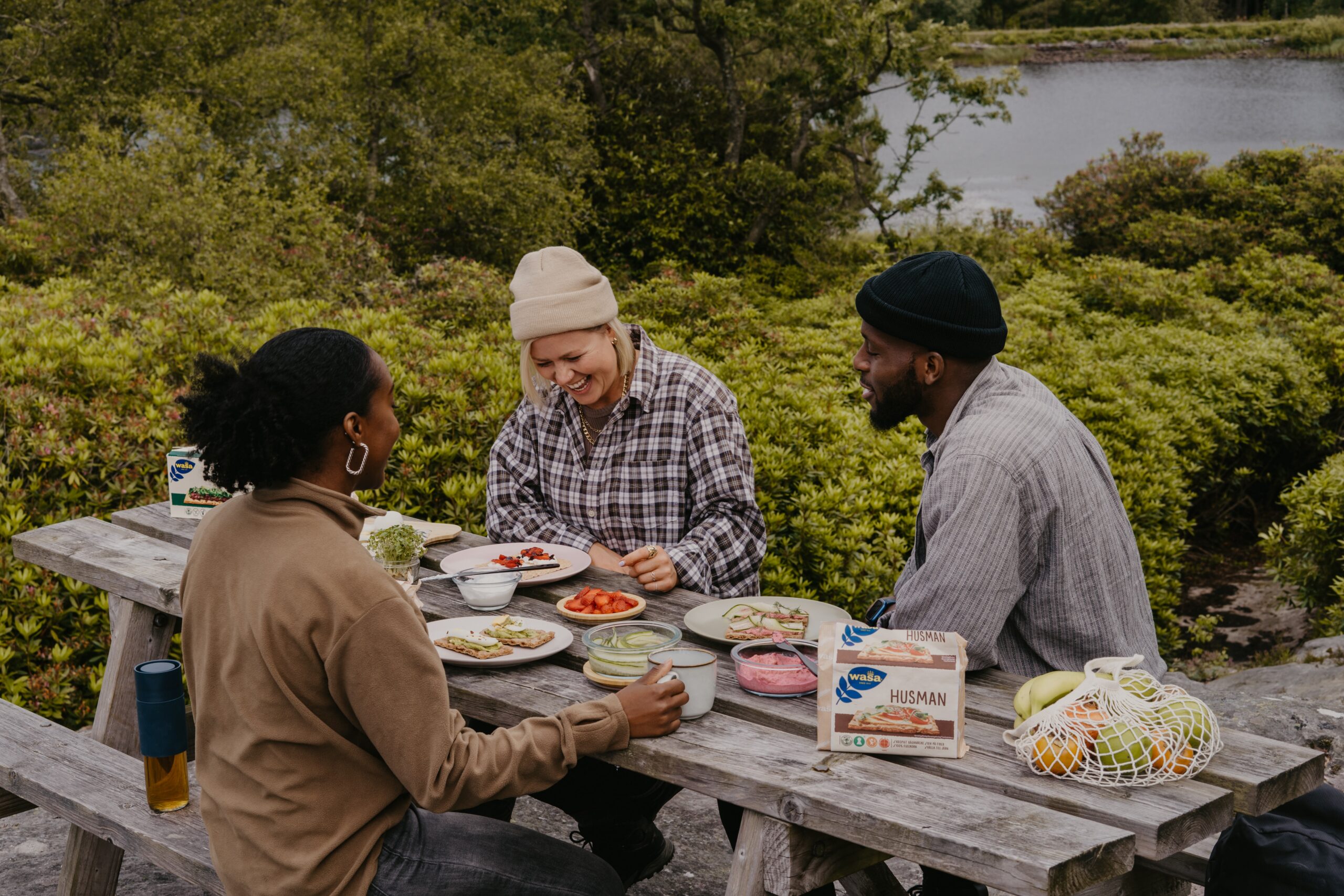Curious about polyamory? Whether you’re exploring your own relationship style or simply want to understand the world of ethical non-monogamy, this guide is your starting point. Learn about the principles, dynamics, and cultural context of polyamory, along with real stories and resources to help you navigate this journey.
💡 Key Takeaways
-
Polyamory is ethical non-monogamy: multiple romantic relationships with the consent of all parties.
-
Successful poly relationships rely on communication, boundaries, honesty, and respect.
-
Poly individuals face unique social and legal challenges, yet polyamory exists across cultures and communities.
-
Personal stories reveal diverse experiences, including intersections with LGBTQ+ and POC identities.
-
Plenty of resources and support networks exist for those exploring polyamory.
❤️ Understanding Polyamorous Relationships
Defining Polyamory
Polyamory is a form of ethical non-monogamy where you can have multiple romantic relationships, with the knowledge and consent of everyone involved. Key principles include:
-
Communication: talk openly about emotions, desires, and boundaries.
-
Consent: ensure all partners agree and feel comfortable.
-
Honesty: be truthful about your feelings and expectations.
-
Respect: honor the needs and boundaries of everyone involved.
A polyamorous network is often called a polycule, showing the interconnected nature of these relationships. Polyamory is about responsible love, not just the freedom to date multiple people.
Polyamory vs. Other Non-Monogamous Structures
| Relationship Type | Description |
|---|---|
| Polyamory | Multiple romantic and sexual relationships with full consent. |
| Open Relationship | Primarily sexual connections outside the primary partnership; emotional attachment limited. |
| Monogamish | Occasional sexual encounters outside the primary relationship, with long intervals. |
| Polygamy | Multiple spouses, often with religious or cultural frameworks. |
Polyamory is about emotional and romantic bonds, not just sexual freedom. It’s not a “fix” for monogamous dissatisfaction—it requires careful consideration and ethical practice.
Common Misconceptions
-
Polyamory is not just about sex—emotional and platonic bonds matter.
-
It’s not a solution for a failing monogamous relationship.
-
Jealousy is natural—managing it is key.
🔄 Navigating the Dynamics of Polyamory
Communication & Boundaries
-
Establish clear boundaries: what’s acceptable and what’s not.
-
Regular check-ins: discuss feelings, desires, and changes.
-
Transparency: share emotions openly to maintain trust.
Managing Jealousy & Insecurity
-
Recognize jealousy without judgment.
-
Discuss feelings with all partners.
-
Reflect on root causes and personal insecurities.
-
Prioritize self-care and seek support when needed.
Consent & Ethical Practices
-
Consent is ongoing: regularly reaffirm it.
-
Respect the autonomy of each partner.
-
Maintain honesty and transparency in all relationships.
Ethical polyamory means fostering trust, dignity, and mutual respect in every connection.
🌎 Cultural & Social Context
Polyamory Around the World
-
Polyamory exists across cultures, though often misunderstood in Western society.
-
Historical examples of non-monogamy exist in indigenous societies and diverse cultural traditions.
-
Experiences vary depending on race, gender, and social context.
Legal & Social Challenges
-
Legal recognition is limited, affecting healthcare, parenting, and property rights.
-
Social stigma may influence personal and professional life.
-
Parenting in polyamorous families can be legally complex.
Awareness and advocacy are key to fostering acceptance and inclusivity.
Representation in Media
-
Media is gradually acknowledging polyamory, but stereotypes remain.
-
Nuanced portrayals help normalize ethical non-monogamy and provide visibility for poly communities.
📝 Personal Stories & Experiences
Journeys into Polyamory
-
Polyamory often begins with self-reflection and exploring personal capacity for love.
-
It’s about quality of connections, not the number of partners.
-
Each journey is unique and personal.
Challenges & Triumphs
-
Common challenges: jealousy, choosing compatible partners, navigating multiple dynamics.
-
Triumphs: self-awareness, improved communication, joy of diverse connections.
-
Combining different dynamics, such as BDSM and polyamory, adds complexity and growth.
Diverse Voices
-
LGBTQ+ and POC communities enrich polyamory with unique perspectives.
-
Resources for inclusive support:
-
Love’s Not Color Blind (book)
-
Multiamory Podcast
-
Polyamory Weekly
-
📚 Resources & Support
Books
-
It’s Called Polyamory – Tamara Pincus & Rebecca Hiles
-
Love in Abundance – Kathy Labriola
-
Designer Relationships – Mark A. Michaels & Patricia Johnson
-
Polysecure – Jessica Fern
-
More Than Two – Franklin Veaux & Eve Rickert
Communities
-
Online forums & social media groups
-
Local meetups & workshops
-
Discussion groups & educational events
Support networks make polyamory safer and more rewarding.
🌐 Navigating Polyamory in a Monogamous World
-
Communicate openly with primary and secondary partners.
-
Respect societal norms while maintaining discretion and privacy.
-
Balance emotional and practical needs to ensure all partners feel valued.
SwingPlace offers resources, guides, and community support to help newcomers thrive in ethical non-monogamy.
❓ Frequently Asked Questions
Q: What is polyamory?
A: Romantic relationships with multiple partners, all aware and consenting.
Q: Can anyone practice polyamory?
A: Yes—anyone willing to engage ethically and communicate openly.
Q: What is compersion?
A: Joy in seeing your partner happy with someone else—a key tool to overcome jealousy.
Q: Do poly relationships always involve multiple partners at once?
A: Not necessarily. Consent and open communication matter more than numbers.
Q: How can self-improvement help?
A: Understanding your needs, boundaries, and insecurities supports healthier poly relationships.
🌈 Explore Love’s Boundless Horizons
Polyamory is about joy, connection, and ethical exploration. Join a vibrant community eager to share this journey. Sign up for a free SwingPlace account today and start your adventure in ethical, consensual non-monogamy.
"My husband and I joined SwingPlace a couple of years ago. We were new to this lifestyle, a little apprehensive, but met wonderful, respectful people and became friends with everyone we met." – Needtocome






